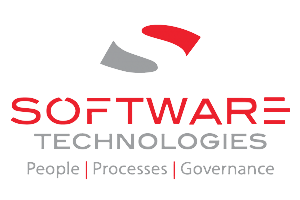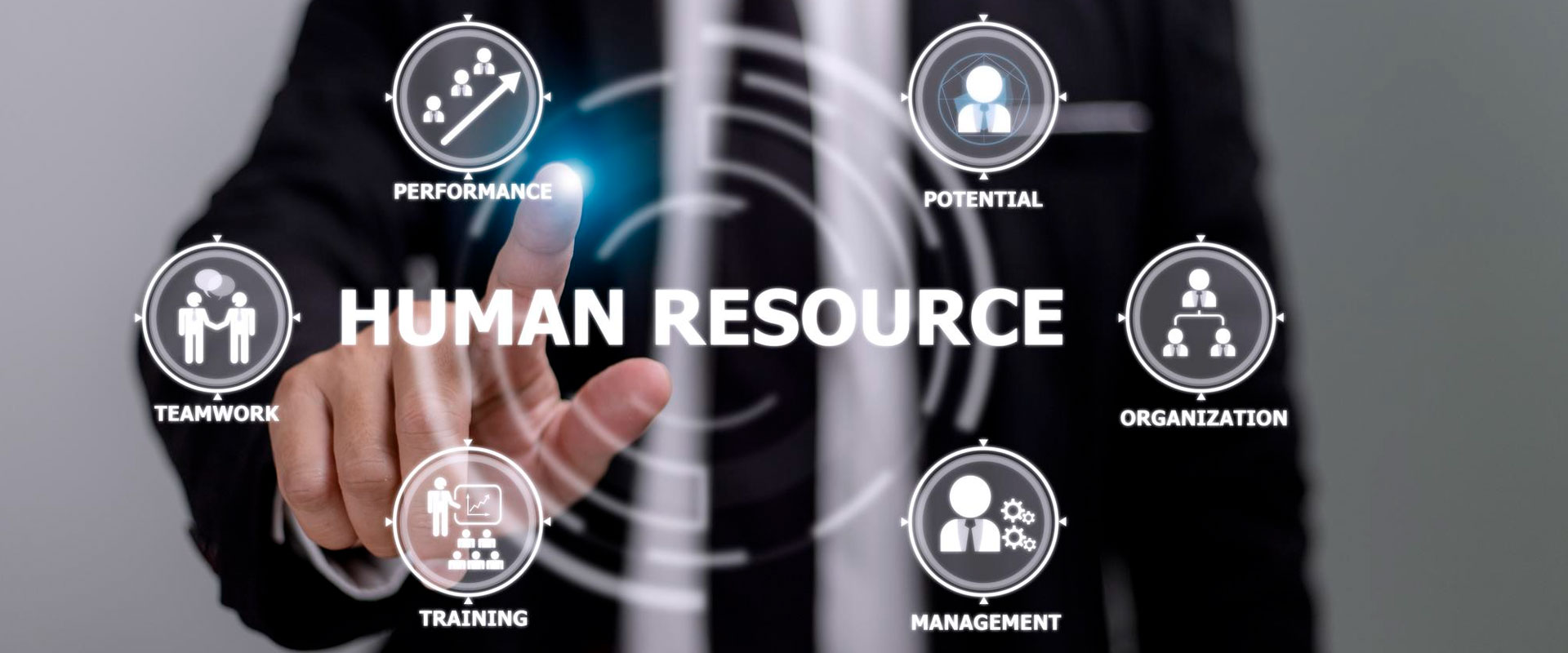The success of any organization heavily relies on its ability to attract and retain top talent. One often overlooked yet crucial aspect of this process is employee onboarding. The first few days, weeks, and months in a new job can significantly shape an employee’s experience and long-term commitment to the […]
News
eParliament Shaping the Future of Legislative Engagement
In the ever-evolving landscape of technology, innovation is the key to progress. We are at the forefront of a digital revolution, and one platform that stands out in reshaping the way we engage with legislative processes is none other than eParliament. Today, we invite you to embark on a journey that […]
The Transformational Journey of eProcurement
In the fast-paced world of business, staying ahead of the curve is essential. Procurement is one area where modern businesses harness technology’s power to streamline operations. Electronic procurement, or eProcurement, is a game-changer that’s transforming the way organizations source, purchase, and manage their supplies and services. In this article, we’ll […]
The Role of Human Resource Management Systems in Modern Organizations
In today’s rapidly evolving business landscape, staying competitive and adaptable is essential for success. One of the driving forces behind this adaptability is the implementation of Human Resource Management Systems (HRMS). These sophisticated digital solutions have not only revolutionized the HR department but have also become the backbone of modern organizations. […]
Navigating the Business Landscape: The Power of Contract Lifecycle Management
In today’s rapidly evolving business environment, contracts are the backbone of almost every organization. Whether it’s vendor agreements, customer contracts, employment terms, or partnerships, contracts play a pivotal role in defining the rules and responsibilities that govern these relationships. However, managing contracts can be a complex and daunting task, especially […]
Transforming Governance: Success Stories of Companies Utilizing Management Solutions
In the fast-paced business landscape of today, efficient governance and streamlined management are paramount to the success of any company. Traditional methods of managing operations, resources, and decision-making are no longer adequate to meet the demands of a rapidly evolving global market. This is where management software steps in, providing companies with […]
Precepts of Corporate Governance
Corporate governance is the set of principles and practices that guide how a company is directed, managed, and controlled. It encompasses a framework that ensures accountability, transparency, and fairness in a company’s dealings with all its stakeholders. Effective corporate governance is crucial for establishing trust and confidence among investors, employees, […]
The Role of Technology in Modernizing Parliaments
In the ever-evolving digital age, technology has become an indispensable tool for progress across various sectors. Parliaments, as the cornerstone of democratic governance, have not been immune to this digital transformation. Technological advancements have played a vital role in modernizing parliamentary processes, enhancing efficiency, promoting transparency, and strengthening citizen engagement. […]
Evaluating and Selecting the Right Board Management Solution for Your Organization
In today’s fast-paced business landscape, effective board management plays a crucial role in driving organizational success. With the advancement of technology, traditional methods of board management, such as physical paperwork and in-person meetings, are being replaced by more efficient and secure digital solutions. Board management software offers organizations a comprehensive […]
How Board Management Solutions Can Help Directors Fulfill Their Duties
The board of directors is responsible for the overall oversight of a company. This includes setting the company’s strategic direction, ensuring compliance with laws and regulations, and monitoring the performance of management. In order to fulfill these duties effectively, directors need access to accurate and timely information. Board management solutions can […]










